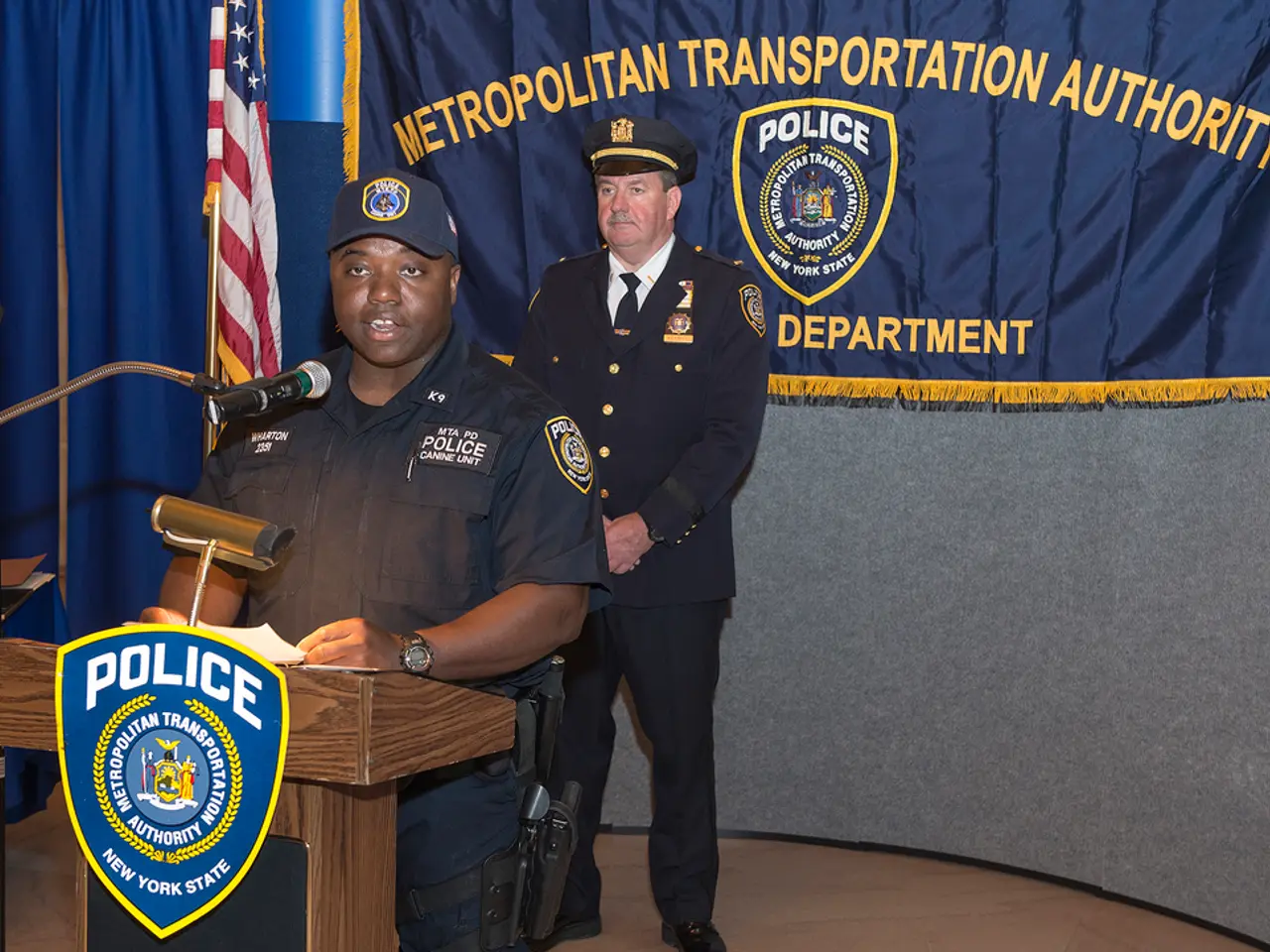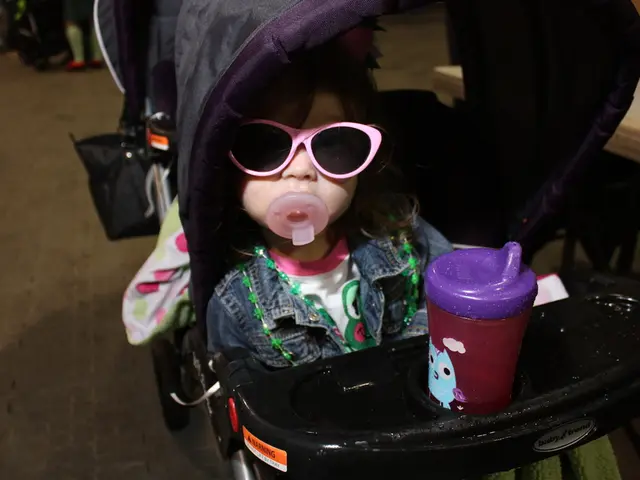Investigative Role of Forensics in Preventing Unjust Imprisonments
In the realm of criminal investigations, the interpretation of forensic results plays a crucial role in establishing connections between a suspect and a crime scene. However, this process is fraught with potential pitfalls, leading to wrongful convictions [1].
Recent advancements in technology, such as artificial intelligence and machine learning, are transforming forensic analysis, enabling more accurate results and faster processing times [2]. These technological strides, combined with fostering interdisciplinary collaboration among legal professionals, scientists, and policymakers, are essential to facilitate the integration of scientific advancements into legal practices [3].
Key initiatives include the establishment of accreditation standards for forensic laboratories, the implementation of regular audits and assessments of forensic methodologies, and mandating ongoing education and training for forensic professionals [4]. Collaboration between legislative bodies, legal experts, and forensic practitioners has been emphasized to foster transparency and accountability [5].
Preventative measures against wrongful convictions in forensic science involve implementing strategies to enhance accuracy and reliability in the collection and interpretation of forensic evidence [6]. The qualifications of forensic experts typically include advanced degrees, specialized training, certifications, and practical experience.
High-profile wrongful convictions resulting from forensic errors have occurred in key areas such as DNA analysis, fingerprinting, and ballistics examination [7]. These errors often involve faulty methods, misleading testimony, or misconduct by forensic analysts.
Examples of such cases include the Illinois forensic labs, which have shown a pattern of wrongful convictions linked to "junk science" and flawed forensic evidence [1]. Cases like Graham Stafford involved convictions based on forensic evidence later undermined on appeal, leading courts to find that he was denied a fair trial [2].
Since 1973, over 200 death-row prisoners in the U.S. have been exonerated, many due to faulty forensic evidence, alongside official misconduct and false testimony [3][5]. These cases illustrate systemic problems in forensic science application: lack of oversight, failure to notify affected defendants, and reliance on forensic methods that may lack scientific reliability.
Subjective interpretations of evidence, especially in fields like forensic odontology or hair analysis, can result in differing conclusions from seemingly similar data [8]. To mitigate these issues, legal reforms and policies addressing forensic reliability focus on enhancing standards and practices in forensic science to minimize wrongful convictions [9].
Common instances of human error in evidence collection include improper handling, failure to follow protocols, misidentification of evidence types, and inadequate documentation of chain of custody [10]. The establishment of standardized protocols across forensic laboratories can minimize discrepancies and promote consistency in evidence handling.
The credibility of expert witnesses can significantly affect jurors' perceptions of the evidence presented, influencing their understanding and decision-making [11]. Expert witnesses in forensic cases provide specialized knowledge, bridging the gap between intricate scientific methodologies and the jury's understanding, making them pivotal in legal proceedings involving forensic science and wrongful convictions.
Future directions in forensic science and justice reform call for a commitment to transparency, accountability, and public engagement to build a more equitable framework for justice [12]. A focus on fostering interdisciplinary collaboration, implementing standardized protocols, and ensuring the credibility of expert witnesses will be crucial in reducing wrongful convictions and upholding the integrity of the justice system.
Read also:
- Is it advisable to utilize your personal health insurance in a publicly-funded medical facility?
- Dietary strategies for IBS elimination: Aims and execution methods
- Benefits, suitable dosage, and safety considerations for utilizing pumpkin seed oil in treating an overactive bladder
- Harmful Medical Remedies: A Misguided Approach to Healing








